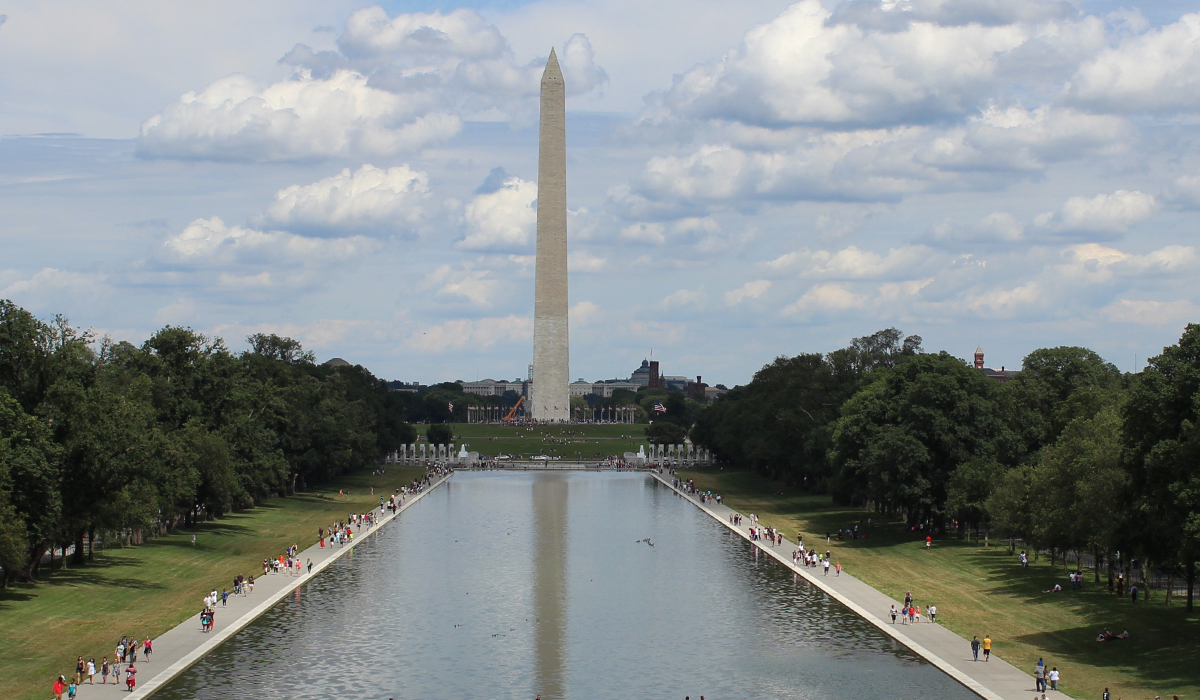Each year, LPP students in their final year undertake a public policy campaign. Working with their professors, students devise, design, research, and present a policy campaign on an issue of national or regional importance. Students often work with legislators, regulators, and other stakeholders as part of the process. These projects are a unique opportunity for Catholic Law students to engage in policymaking directly and to see firsthand the complexities involved in making change happen.
LPP Student Public Policy Projects
- Address the looming shortage of commercial pilots by implementing a special user fee on airline tickets and using the proceeds to subsidize the cost of pilot training programs.
- Improve the treatment of animals in commercial settings by modifying proposed legislation in Maryland to more closely resemble best practices gleaned from other states.
- Promulgate new standards for the ethical use by attorneys of cloud computing for confidential attorney work products.
- Improve the law in Washington, D.C., to allow for next-of-kin to have legal access to a decedent’s digital information such as email and text messages.
- Consider the merits of an expedited federal review process for a pilot program to combat the spread of the Zika virus by using genetically modified mosquitoes.
- Advance voting rights through the development of an app by the U.S. election assistance commission to aid voter registration on a nonpartisan basis.
- Improve the market for organ donations with a tax credit for employers who let employees take time off for organ donations and by making changes to the public school curriculum.
- Propose amendments to tenant’s rights legislation in Washington, D.C., to enhance the ability of tenants to stay in their buildings before a landlord can redevelop and sell the property.
- Make clarifying changes to federal appropriations legislation to protect the rights of victims of sex trafficking.
- Strengthen the oversight mechanism for Inspector Generals in the Department of Defense to minimize wasteful spending overseas.
- Advocacy for a year-round school year in Washington, D.C., for some students to alleviate the loss of learning that can occur over the summer vacation.
- Provide for new legislation to allow federal law enforcement to have access to encrypted data to help fight terrorism.
- Advocacy for state-specific legislation that strikes a balance between religious liberty and the rights of the LGBTQ community.

